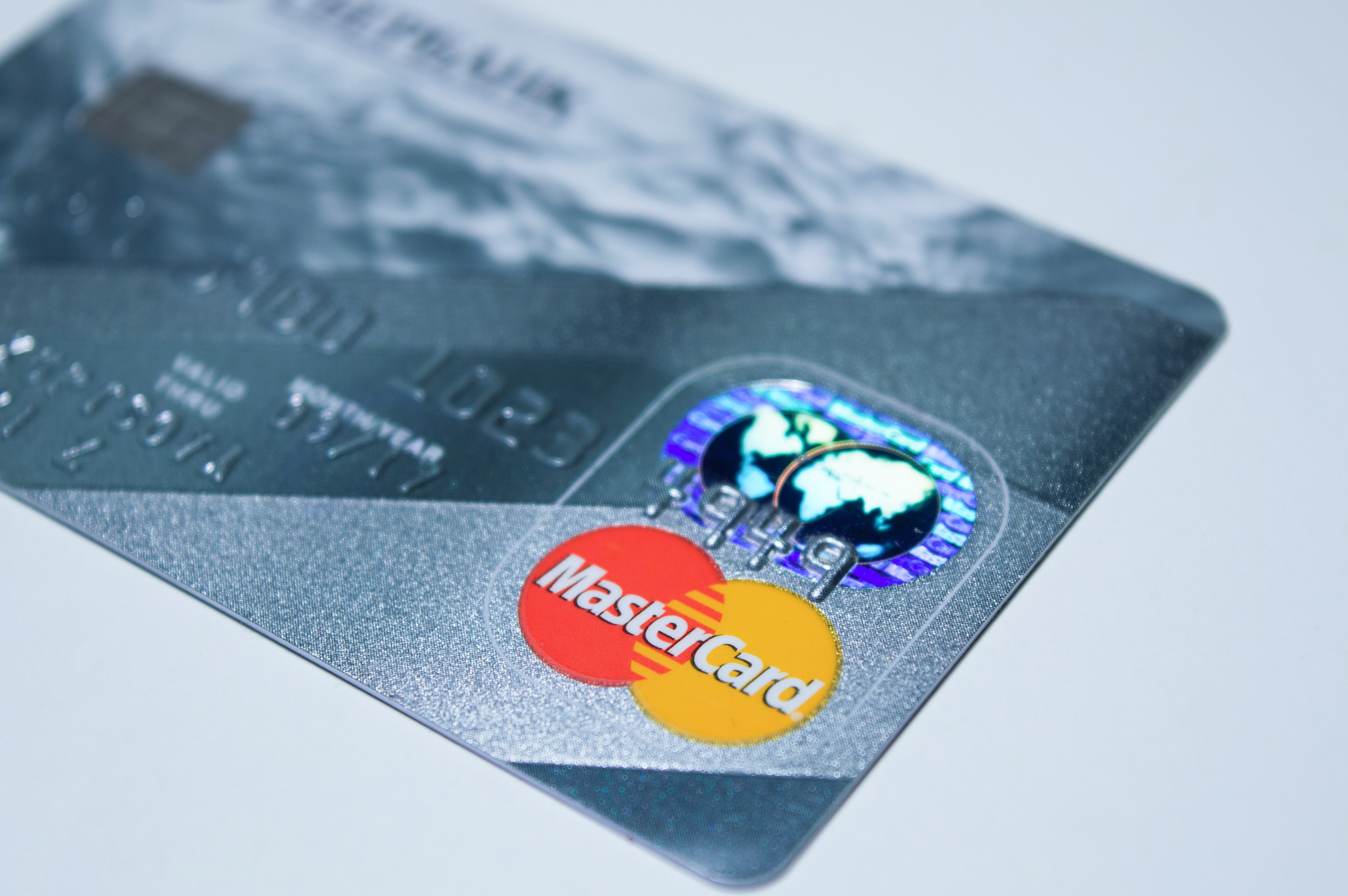 AI
AI
 AI
AI
 AI
AI
Mastercard Inc. today announced that it has teamed up with nine British banks to combat consumer fraud using a new artificial intelligence solution that can detect scams in real-time and protect customers before money leaves the victim’s accounts.
Nine of the biggest banks in the United Kingdom including Lloyds Banking Group Plc, Halifax, Bank of Scotland Plc, NatWest Group Plc, Monzo Ltd. and TSB Banking Group Plc joined Mastercard to use the AI system to catch fraudsters and prevent payment scams.
The solution, known as the “Consumer Fraud Risk” system, builds on Mastercard’s own years of work with U.K. banks following the flow of funds from scams and frauds. Scams can include numerous different types of trickery including fictitious online deals, confidence scams and identity fakery where a fraudulent party pretends to be a friend or a family member.
These scammers then use an organized network of “mule” accounts to disguise the flow of pilfered money in order to spirit it away quickly after it’s taken from victims. Many of these accounts are split among different banking systems, making it difficult to track. Mastercard has been working on tracking the flow of this scammed money for the past five years forming a framework for its new real-time AI tool.
The new Consumer Fraud Risk system is capable of predicting the likelihood that a transaction is part of this network based on the current behaviors and past activities of these networks, providing a risk score. If the risk is too high, it can prevent the transaction by intervening before funds are potentially lost.
“Banks have found these scams incredibly challenging to detect,” said Ajay Bhalla, president of cyber and intelligence at Mastercard. “Their customers pass all the required checks and send the money themselves; criminals haven’t needed to break any security measures.”
As one of the first banks to implement the new Consumer Fraud Risk AI tool, TSB found it effective. In the past four months, the bank said that accounted for a 20% increase in fraud detection. “Spotting fraudulent payments among millions made every day is like finding a needle in a haystack, with scams becoming ever more complex – so prevention and monitoring tools are key,” said Paul Davis, director of fraud prevention at TSB.
Based on the results from TSB, Mastercard estimated that the number of scam payments prevented over the course of a year could save almost $127 million if implemented across all banks in the U.K., should the performance remain the same. The company said it’s assessing bringing its technology to global markets as well.
Thanks to the fact that banking security has become even more sophisticated, fraudsters have also increased their tricks, and impersonation attacks have increased. They involve scammers illegitimately pretending to be friends or family to send money. Fraudsters also impersonate business suppliers and trick companies into purchasing fake goods online, which are never delivered. This type of scam now accounts for 40% of all U.K. bank fraud losses, and a report from ACI Worldwide predicted that it may account for more than $4.6 billion in losses in the U.S. and U.K. by 2026.
Mastercard said it focused initially on launching the Consumer Fraud Risk solution in the U.K. because it has extensive experience in the region tracing and stopping financial crimes in the region. It also has deep partnerships with banks for sharing fraud data to work with for training its AI real-time predictive systems.
Support our mission to keep content open and free by engaging with theCUBE community. Join theCUBE’s Alumni Trust Network, where technology leaders connect, share intelligence and create opportunities.
Founded by tech visionaries John Furrier and Dave Vellante, SiliconANGLE Media has built a dynamic ecosystem of industry-leading digital media brands that reach 15+ million elite tech professionals. Our new proprietary theCUBE AI Video Cloud is breaking ground in audience interaction, leveraging theCUBEai.com neural network to help technology companies make data-driven decisions and stay at the forefront of industry conversations.